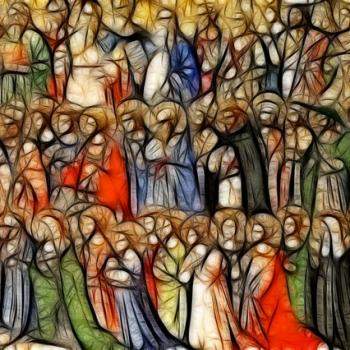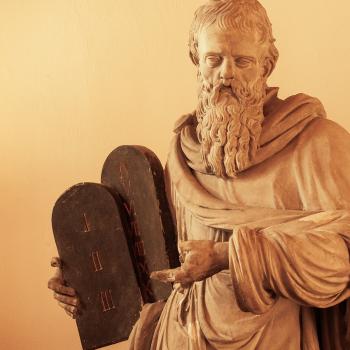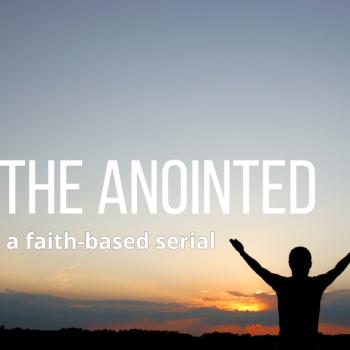My fears of such a tyranny will seem to the Professor either insincere or pusillanimous. For him the danger is all in the opposite direction, in the chaotic selfishness of individualism. I must try to explain why I fear more the disciplined cruelty of some ideological oligarchy. The Professor has his own explanation of this; he thinks I am unconsciously motivated by the fact that I "stand to lose by social change". And indeed it would be hard for me to welcome a change which might well consign me to a concentration camp (On Stories and Other Essays on Literature, 71-72, 74-75).
Power Corrupts
As the form of government most consistent with his study of natural law and the nature of man, Lewis settled on democracy (not majoritarianism, but self-government as in Alexis de Tocqueville's Democracy in America), considering it the least bad political structure. It should be established only in order to limit centralized political power, however: "I am a democrat because I believe in the Fall of Man" -- or more precisely that man is free to choose good or evil. He realized, though, that
most people are democrats for the opposite reason. A great deal of democratic enthusiasm descends from the ideas of people like Rousseau, who believed in democracy because they thought mankind so wise and good that everyone deserved a share in the government. The danger of defending democracy on those grounds is that they're not true. And whenever their weakness is exposed, the people who prefer tyranny make capital out of the exposure. I find that they're not true without looking further than myself. I don't deserve a share in governing a hen-roost, much less a nation. Nor do most people -- all the people who believe advertisement, and think in catchwords and spread rumours. The real reason for democracy is just the reverse. Man is so fallen that no man can be trusted with unchecked power over his fellows. Aristotle said that some people were only fit to be slaves. I do not contradict him. But I reject slavery because I see no men fit to be masters (Present Concerns, p. 17).
In his book The Weight of Glory, he similarly noted the need to radically constrain the powers of government, quoting Lord Acton's axiom on the corrupting influence of power:
I believe in political equality. But there are two opposite reasons for being a democrat. You may think all men so good that they deserve a share in the government of the commonwealth, and so wise that the commonwealth needs their advice. That is, in my opinion, the false, romantic doctrine of democracy. On the other hand, you may believe fallen men to be so wicked that not one of them can be trust with any irresponsible power over his fellows. That I believe to be the true ground of democracy. I do not believe that God created an egalitarian world. . . . [S]ince we have sin, we have found, as Lord Acton says, that "all power corrupts, and absolute power corrupts absolutely." The only remedy has been to take away the powers and substitute a legal fiction of equality. . . . Theocracy has been rightly abolished not because it is bad that priests should govern ignorant laymen, but because priests are wicked men like the rest of us (pp. 168-69).
And he went even further in his condemnation of theocracy, stating, "I detest every kind of religious compulsion: only the other day I was writing an angry letter to The Spectator about Church Parades in the Home Guard!" ("Answers to Questions on Christianity," in God in the Dock, p. 61)
For Lewis, legal equality under democracy enriches each individual's unique, spiritual life: "Under the necessary outer covering of legal equality, the whole hierarchical dance and harmony of our deep and joyously accepted spiritual inequalities should be alive. It is there, of course, in our life as Christians: there, as laymen, we can obey -- all the more because the priest has no authority over us on the political level" (Present Concerns, p. 19).




